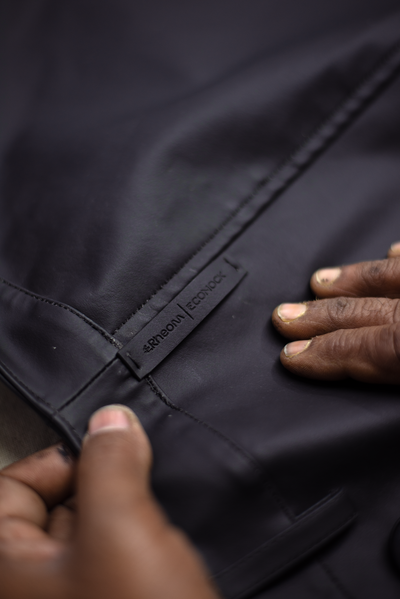France’s National Assembly has given the green light to a bill aimed at tackling the environmental consequences of ultra-fast fashion. The legislation, which targets companies such as Shein notorious for their rapid turnover of trendy garments, proposes penalties and advertising restrictions in an effort to curb the sector’s significant environmental impact.
The bill, which gained unanimous support from voting lawmakers, is slated to move to the senate for further deliberation before potentially becoming law. Among its key provisions is a proposal to introduce escalating penalties of up to €10 per individual clothing item by 2030, alongside a prohibition on advertising for these products.
The rise of fast-fashion giants like Shein and Temu, which capitalise on agile supply chains to rapidly fulfil demand, has disrupted traditional retail models. While established brands like Zara and H&M still dominate, the allure of ultra-fast fashion has reshaped consumer habits, leading to concerns over environmental, social, and economic ramifications.
France's Environment Minister, Christophe Béchu, hailed the bill as a significant advancement, underscoring its potential to reduce the textile sector's environmental footprint. The move comes amid broader efforts by the French government to address textile waste, including a proposed EU ban on used clothing exports and a domestic repair scheme to encourage garment longevity.
According to Refashion, the non-profit organization administering the repair initiative, French consumers discard a staggering 700,000 tons of clothing annually, with a significant portion ending up in landfills. With fashion accounting for up to 5% of global carbon emissions, and polyester—a staple material in fast fashion—derived primarily from oil, the industry faces mounting pressure to adopt sustainable practices.
While proponents of fast fashion argue that it meets consumer demand efficiently, critics contend that its rapid turnover exacerbates environmental degradation. As France takes decisive steps to mitigate the impact of fast fashion, the global industry faces increasing scrutiny and calls for sustainability reforms.





